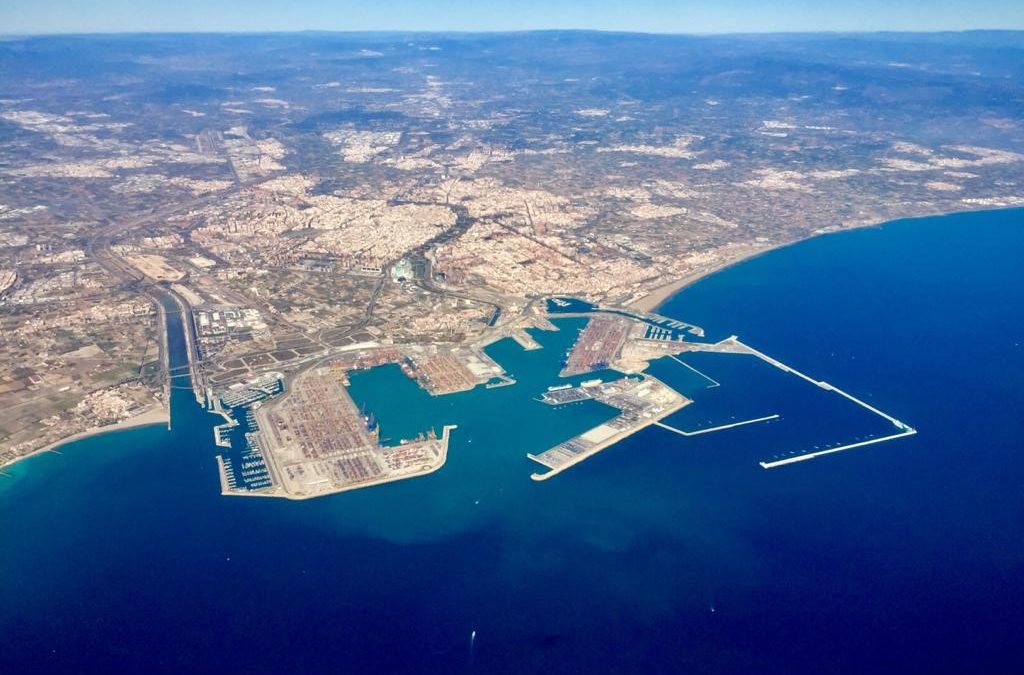In total, Valencia has exported 18,729 tonnes of this product in the first half of the year, with the United States being the country that has received the most goods, with 8,384 tonnes between January and June, according to the company’s release.
In just the first six months of the year, the American country has already received more common salt traffic from Valencia than during the whole of the 2023 financial year, which closed with the export of 7,087 tonnes.
For its part, and as a novelty, Saudi Arabia bursts onto the podium with the arrival of 1,152 tonnes of common salt in the first half of 2024, a figure that contrasts significantly with the figure for 2023, as it only received 22 tonnes of this product during the entire financial year.
Other countries also benefiting from common salt exports from the Port of Valencia in 2024 are Finland, the United Kingdom and Ghana, with 897, 571 and 497 tonnes respectively. As in the case of Saudi Arabia, Ghana stands out, which in the whole of 2023 only received 42 tonnes of salt from the Port of Valencia.
The export of common salt also rises significantly with Jordan, which in the first half of 2024 has received 299 tonnes of this product when in 2023 it had no commercial relations with Valencia in this category. This situation is similar to that of France, which in 2024 received 100 tonnes of salt after 2023 with no exports.
For its part, Canada exceeds the 2023 total with 289 tonnes exported in the first six months of 2024, while Taiwan, Morocco and Israel remain at the top of the export table with 324, 322 and 80 tonnes of common salt received so far in 2024.
In the first six months of 2024, the Port of Valencia has exported a total of 18,729 tonnes of common salt to the five continents. This is 73% more than in the first half of 2023, when the figure from January to June reached 10,787 tonnes. In the whole of 2023, 21,638 tonnes of common salt left the Port of Valencia, so the figures for the first half of 2024 suggest that this year will exceed the previous one.
Source: Port News





